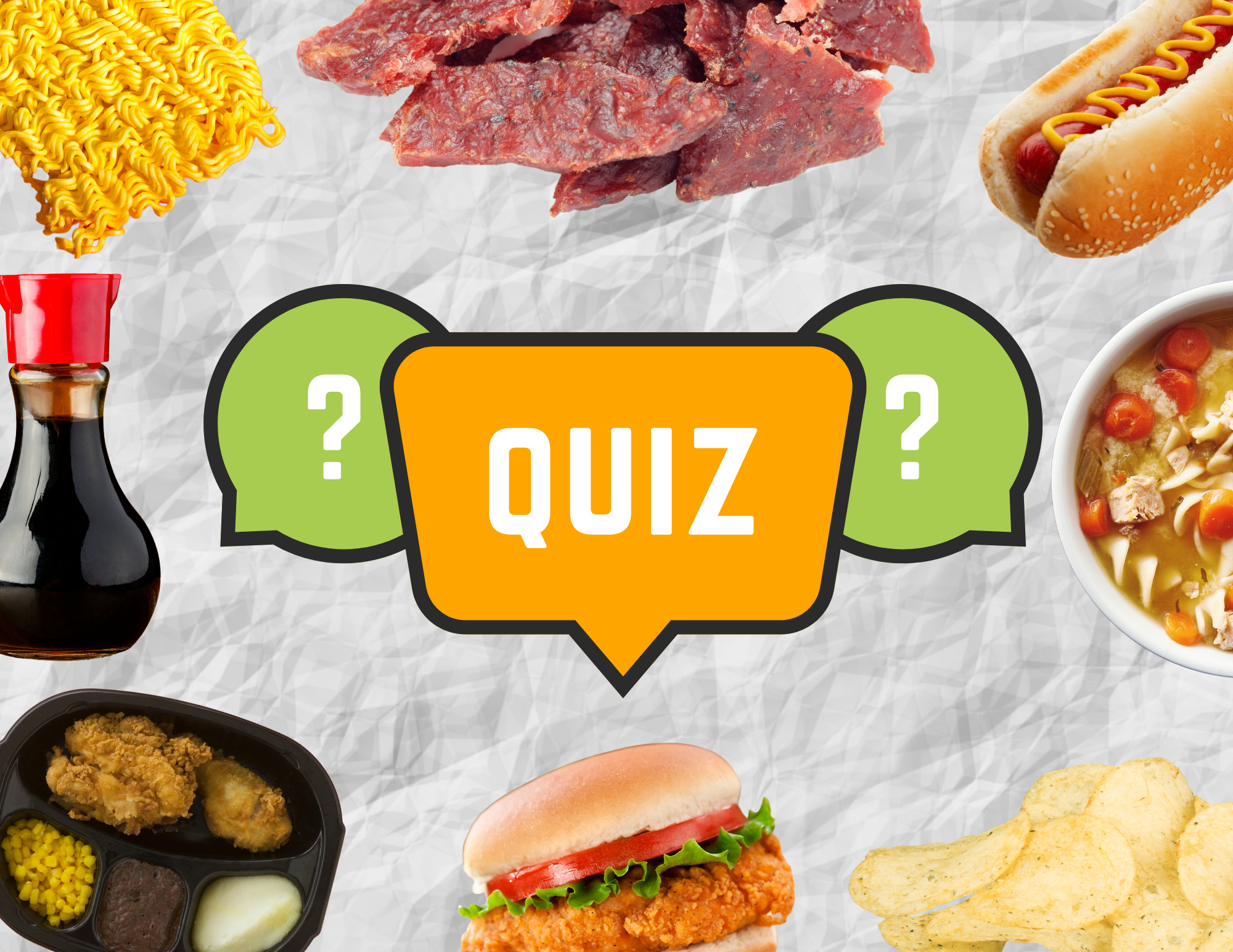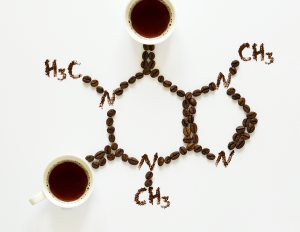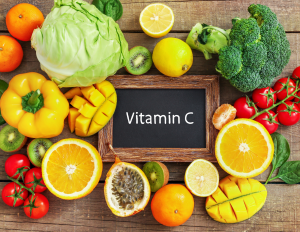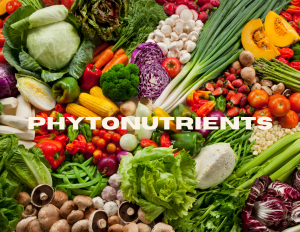MSG is a very common ingredient listed on packages in the grocery store and you might have seen many news articles debating on what it is and how it affects our health. We wanted to take a couple of minutes to go over some basic information regarding MSG and shed some light on this food additive.
Before we dive into specifics, take this quiz to test your current knowledge on MSG!
Let’s start with what MSG stands for; MSG is short for Monosodium Glutamate. In summary it is the sodium salt of glutamic acids, which are found naturally in foods such as yeast, tomatoes, and cheese. Outside of food, our bodies produce glutamic acids as it is an amino acid that helps to form proteins, an essential building block of life. When we consume glutamic acid, it can be converted to glutamate which is a chemical that helps our brain send and receive signals from other cells. The FDA has classified Monosodium Glutamate as an excitotoxin, which is a chemical that excessively stimulates (or excites) the brain. Other common excitotoxins include aspartame, food dyes, and hydrolyzed vegetable protein. Excitotoxins can potentially alter the brain’s chemistry, specifically the mitochondria of the cell, and may throw neurotransmitters off balance. While the brain has a blood-brain barrier that protects the brain from potentially harmful substances, it is recommended to avoid added chemical substances in food in excessive amounts. There has been no evidence that shows MSG as a harmful compound, however it does not provide any nutritional value and people can be sensitive to it in the form of a food allergy.
How does MSG operate in food?
MSG provides a savory, umami flavor similar to how meat and mushrooms taste. Because it is a strong flavor enhancer, many food manufacturers and restaurants add it to packaged foods and prepared dishes to make their food more appealing to their audience. MSG is found most often in restaurants and fast food, processed meats, canned foods, soup and bouillon cubes, frozen foods, and condiments. It is found naturally in foods like tomatoes and cheese and glutamic acids are found naturally in mushrooms, meats, dairy products, tomatoes, and cheese.
Hopefully the takeaway you get from this blog is that MSG has not proven to be harmful, however studies are ongoing on long term effects of adding it to food. In the interim, keep in mind that since it is a flavor enhancer it can cause you to overeat foods that it is added to. Since most foods that have added MSG are usually processed and high calorie, it is a good idea to be aware and portion control these foods so as not to gain weight.
30/10 Weight Loss for Life is a comprehensive weight loss program that can help you achieve your goals and weight loss success! Get started with 30/10 Weight Loss for Life by visiting any 30/10 location or call us at (855)-937-3010!




